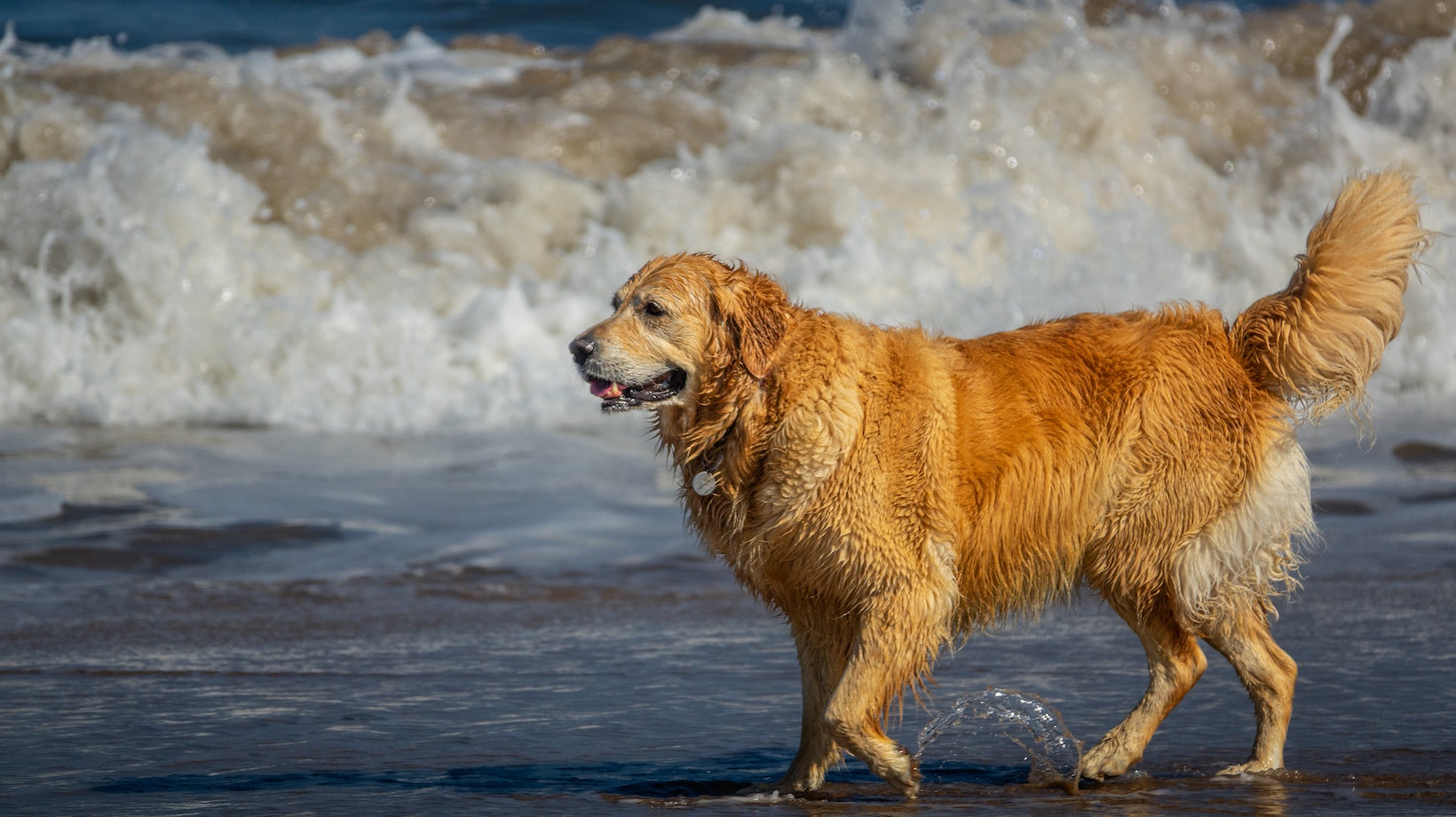Why Is My Dog Eating Grass
If you’ve ever wondered, “Why is my dog eating grass?” you’re not alone. Many dog owners have observed this behavior and are curious about its reasons. While there isn’t a definitive answer, there are several possible explanations for this common canine habit.
One possibility is that dogs eat grass to help with digestive issues. Grass acts as a natural emetic, meaning it can induce vomiting and help your dog expel anything that may be causing discomfort in their stomach. Another theory suggests that dogs may eat grass simply because they enjoy the taste or texture. After all, our furry friends often have unique preferences when it comes to food!
However, it’s important to note that excessive grass-eating could be a sign of an underlying issue. If your dog is consuming large amounts of grass frequently or showing other concerning symptoms like lethargy or loss of appetite, it’s best to consult with your veterinarian. They can evaluate your pet’s overall health and provide guidance on how to address any potential problems.
Possible Reasons For Dogs Eating Grass
- Natural Instinct: Dogs have evolved from their wild ancestors who consumed plant matter as part of their diet. Some experts believe that eating grass is a natural instinct for dogs, a way to supplement their nutrition or aid in digestion.
- Nutritional Deficiencies: Another possibility is that your dog may be lacking certain nutrients in their diet. A study published in the Journal of Veterinary Behavior suggests that dogs may eat grass to fulfill specific nutritional needs, such as fiber or trace minerals.
- Upset Stomach: One prevalent theory is that dogs eat grass when they have an upset stomach or feel nauseous. They may instinctively turn to grass as a way to induce vomiting and alleviate discomfort.
- Boredom or Anxiety: Dogs, especially those with excess energy or anxiety, may resort to chewing on grass as a form of entertainment or stress relief. If your dog doesn’t have enough mental stimulation or physical exercise, they may seek alternative ways to occupy themselves.
- Habitual Behavior: Sometimes, dogs develop habits without any underlying medical or psychological cause. If your dog has been eating grass for a while and shows no signs of illness, it’s possible that it has become a learned behavior over time.

Natural Instincts And Nutritional Factors
- Instinctive Behavior: Dogs have inherited certain behaviors from their wild ancestors, and one of those behaviors is consuming plant material. In the wild, wolves would eat grass as a way to cleanse their digestive system or induce vomiting. Although our pet dogs no longer rely on this instinct for survival, it’s possible that some dogs still have an innate drive to consume grass.
- Dietary Deficiencies: Another factor that could lead to grass-eating is nutritional deficiencies in a dog’s diet. If a dog’s regular diet lacks certain essential nutrients or fiber, they may seek out alternative sources like grass to fulfill those needs. However, it’s important to note that most commercial dog foods are formulated with balanced nutrition, so dietary deficiencies are less common in well-fed pets.
- Upset Stomach Relief: Some pet owners notice that their dogs tend to eat more grass when they have an upset stomach or feel nauseous. Grass can act as a natural emetic, helping them vomit and alleviate discomfort. However, if your dog frequently displays signs of gastrointestinal distress, it’s best to consult with a veterinarian for proper diagnosis and treatment.
- Boredom or Behavioral Issues: For some dogs, eating grass may simply be a result of boredom or behavioral issues. Dogs who lack mental stimulation or physical exercise may resort to chewing on grass as a way to relieve stress or engage in an activity. Providing ample exercise opportunities and interactive toys can help redirect this behavior towards more appropriate outlets.
- Environmental Factors: Lastly, environmental factors might play a role in why your dog eats grass. For instance, if you use pesticides or fertilizers on your lawn, your dog may be attracted to the taste or smell. In such cases, it’s crucial to create a safe and dog-friendly environment by using pet-safe alternatives for lawn care.
While grass-eating itself is generally not a cause for concern, excessive consumption or accompanying symptoms like vomiting, diarrhea, or lethargy may indicate an underlying medical issue. If you’re unsure about your dog’s grass-eating habits or have any concerns, consult with your veterinarian for professional advice tailored to your pet’s specific needs.
In conclusion, dogs eating grass can be attributed to their natural instincts, nutritional factors, upset stomach relief, boredom or behavioral issues, and environmental factors. Understanding these aspects can help you better understand and address this behavior in your furry friend.